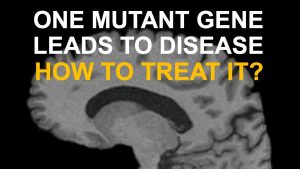
Factor-H and Skyhawk Therapeutics collaborate to Support Responsible Communication on the Falcon-HD Clinical Trial in Latin America
A central priority for Factor-H is ensuring that information about clinical research is shared in a way that does not create unrealistic expectations or add


